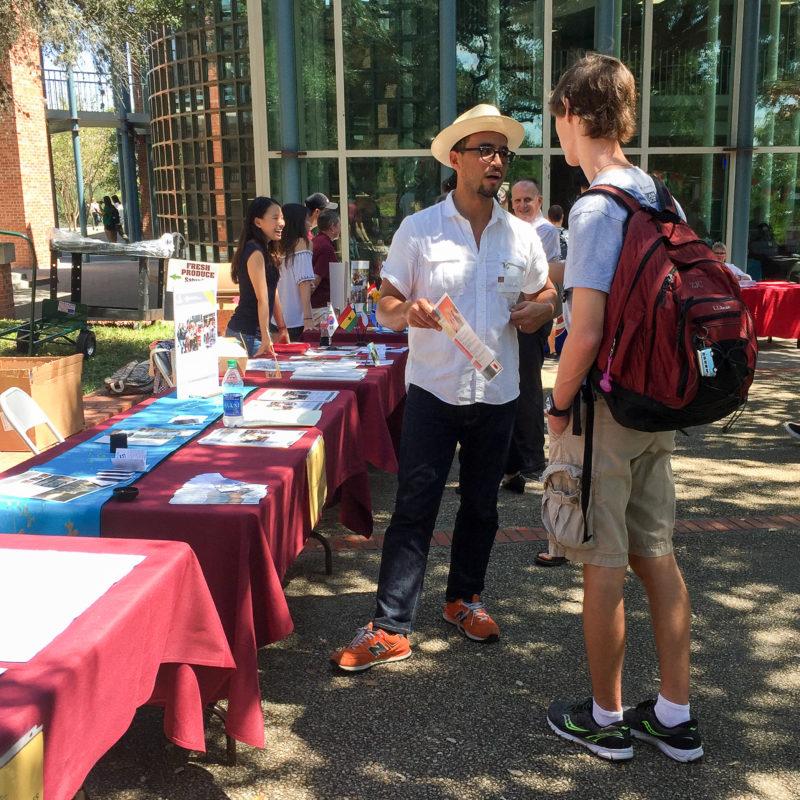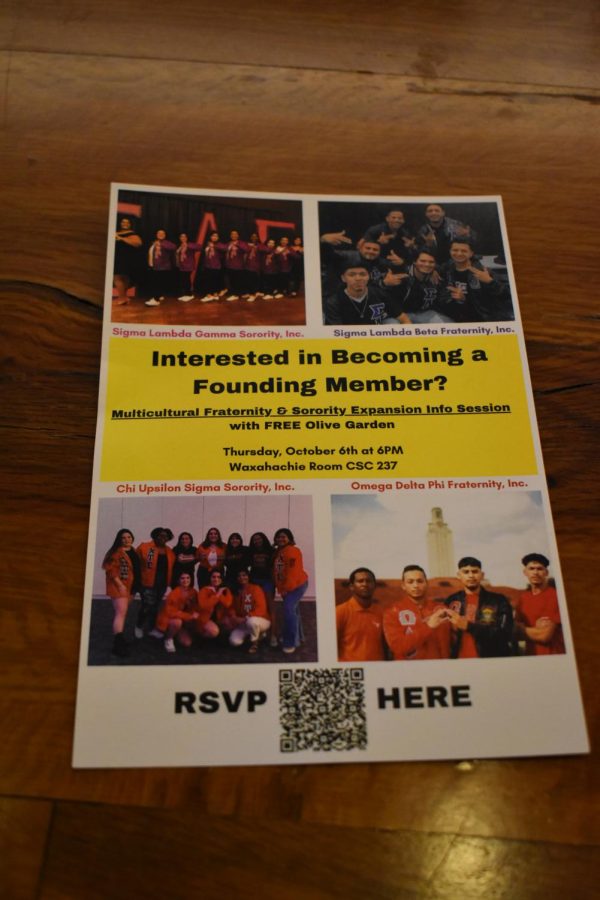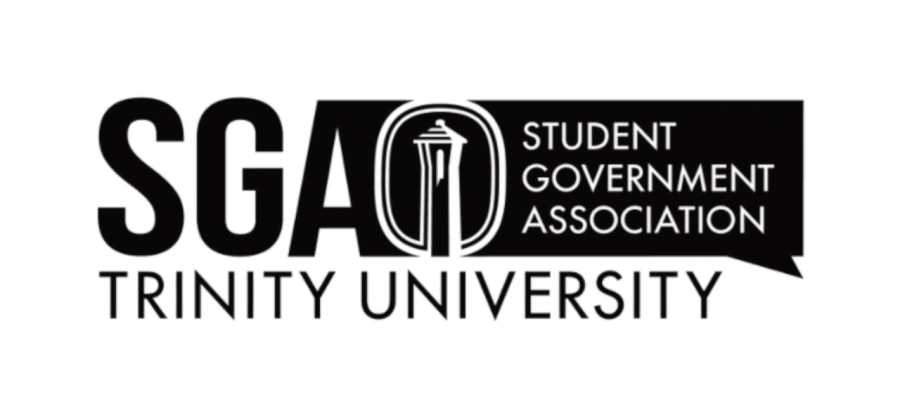Trinity students who want to study abroad in Spain will be offered an opportunity with the university’s first faculty-led study abroad program to Madrid beginning fall of 2017. The developing model is a semester-long extension of the previously offered Madrid Summer Program.
The development is a collaborative effort involving the “Trinity Tomorrow” plan, the Center for International Engagement, the study abroad department and Bladimir Ruiz, the head of the Madrid Summer Program.
“A few years ago, the faculty and administration created a set of strategic plans involving professionalization, experiential learning and internationalization,” said Katsuo Nishikawa, director of the Center for International Engagement and associate professor of political science. “Part of that strategic plan was to kind of give a sense of integration and cohesion to all our study abroad programming.”
News of the program surprised students that sought applications to study abroad in Spain because the Trinity program will have precedence over other available third-party program providers.
“My initial goal was to study in Seville this spring,” said Kevin Moss, junior mathematical finance and theoretical economics major. “I went in to discuss potential programs with my study abroad advisor and was essentially told that I could try to go if I wanted to, but that Trinity was putting in place their own study abroad program in Spain.”
Trinity’s program attempts to address issues with the study abroad experience students that were noticed by the university.
“We’ve cared that these programs are safe and give some sort of exposure,” Nishikawa said. “We have very little control over the curriculum. Many people who have gone on study abroad programs will attest to the fact that it’s easier abroad than here. We want to design programs that fit into our curriculum. The connection from the curriculum to experience to back to school is very undesigned. There’s no intention in how that experience is given and how you take it. “
Mark Brodl, the associate vice president for budget and research, addressed financial aid loopholes the program seeks to close.
“What we wanted to get away from were situations where students were looking for inexpensive programs in locations that weren’t probably going to be the most challenging academically,” Brodl said. “Students would have a fairly good amount of aid and what ended up happening was that they were basically getting a financial aid check to go and study abroad and then spending money on top of that. Spending the rest of the summer tooling around Europe or wherever they were. That’s not the intention of the financial aid dollars.”
The price of the program is to be determined for students based on the Home School Tuition Policy, another tenet of “Trinity Tomorrow’s” third objective “” Enhance Students’ International Engagement and Awareness.
“The idea is that Trinity University will be charging whatever it is that you pay to go to Trinity University. That will be the cost of going abroad,” Brodl said. “All of the financial aid that you have transfers with you along with all of the support structures.”
While it is now university policy that the Madrid semester is the first consideration for students wishing to study in Spain, there are still some possibilities for enrollment in other study abroad programs.
“Giving priority to our own program is understandable,” said Nancy Ericksen, assistant director for study abroad. “We have set a policy that if you want to study for a semester in Spain, you will study with the Trinity program. If you have an urgent need to study in the spring then there’s a process where students are given the opportunity to articulate their need and then that’s reviewed by the director.”
The appeal necessitates students to provide a short essay, no more than 1,000 words, describing the factors that make it necessary to study in Spain, a letter of support from a faculty advisor, a letter of support from the department chair for the most relevant major or minor and an additional letter of support from another Trinity faculty or staff if he or she can speak directly to a special need not addressed by your advisor or chair “” for instance, a coach for athletes.
The choice of Spain as the location of the first semester abroad program created by Trinity was a choice made with deliberation.
“We have incredible depth when it comes to faculty knowledge in the area. There’s lots of specialization in the Spanish-speaking world,” Nishikawa said. “Our longest running faculty-led program has been the Madrid program, and Madrid is a very popular destination.”
The Trinity program will receive structural aid from a Syracuse University program already established in Madrid.
“In this program, Syracuse would provide the housing, the set up with the host families and the courses available for students, “ Brodl said. “That’s through some of their own faculty but most of them are faculty that they hire from Spanish Ph.D.s. Courses will be integrated with Trinity and Syracuse students. Our goal in next iteration is to be able to make something that’s much more tailored to Trinity students explicitly.”
Ruiz will serve as the program’s director along with continuing service to the Madrid Summer Program.
“From a linguistic and cultural point of view, it’s a program that makes more sense,” Ruiz said. “If we talk about immersion as a way to develop skills that are both linguistic and cultural, six weeks is the minimum but a full semester is ideal.”
The possibilities carried over from the Madrid program include the opportunity for students to work on internships in Spanish and in Spain.
“I interned for the Madrid section of the general workers union of Spain, more specifically in the department of environmentalism and urbanism,” said Anne Ferguson, a senior urban studies and Spanish student that participated in one of the Madrid summer programs. “Without the program, I wouldn’t have known to even look there.”
One of the advantages of the administration’s choice of Spain is in the experience and connections brought in by Ruiz.
“We have a very good pool of internships that we’ve been trying throughout these years,” Ruiz said. “It’s a consequence of the program that has been running in Madrid for 10 years.”
The administration behind the program feels confident in Trinity’s ability to provide a better study abroad experience.
“This is a Trinity faculty-led program,” Ruiz said. “When we decided to do faculty-led it was because we wanted people directing this program who care about our students in the way we care about our students.”
“It’s basically a situation where you’re building this really cool dinner and kids want to have macaroni and cheese,” Nishikawa said. “Wait on the mac and cheese, there’s a steak dinner a semester away.”
Moss feels confident in this first program.
“I feel pretty confident that if I end up going, it will be a good program. All the feedback that I’ve gotten from everyone who’s been on the Madrid trip has been wonderful,” Moss said. “It’s through Trinity so you know it’s going to be good.”






